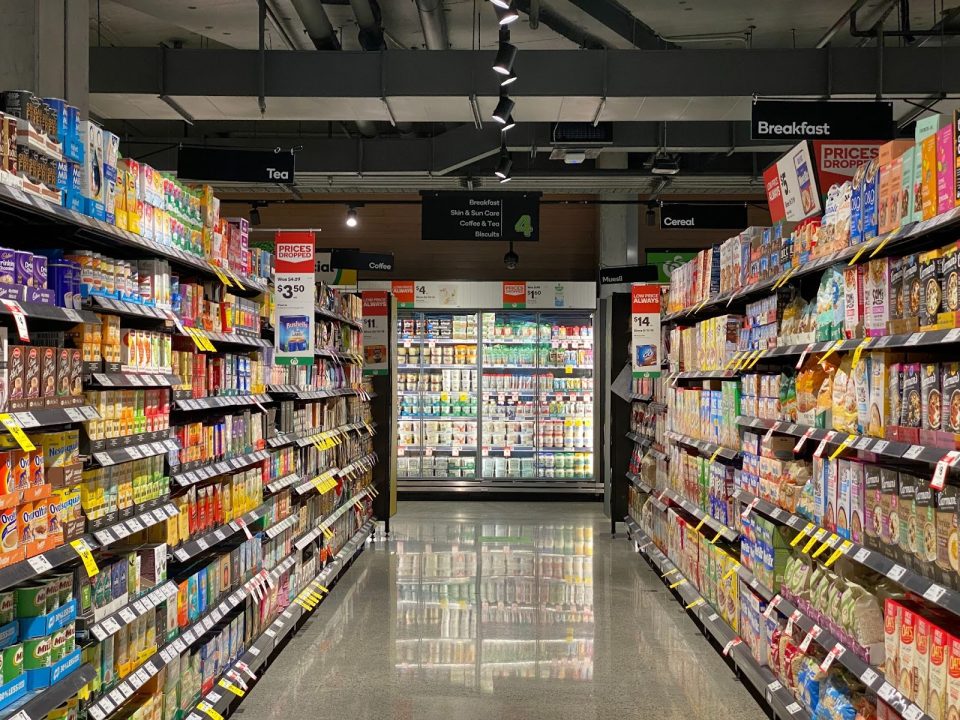Supermarket chains in the UK are leading the way in terms of energy efficiency. As the climate crisis worsens and increasing energy prices loom, there’s never been a more important time to improve how we use electricity. The last few years have seen businesses adopt new practices and technology to are now doing their part.
Supermarkets are perhaps some of the most prominent businesses in the UK, with major chains used by millions of people every day. They’re also major consumers of electricity, accounting for around 3% of the UK’s total consumption. By setting an example, big supermarket trends can increase consumer loyalty while also leading to real positive change. In this article, we’ll explore the difference supermarkets have been making by adopting renewable energy sources and improving energy efficiency across buildings and transport fleets.
Improving Electrical Infrastructure
Replacing old and inefficient electrical infrastructure has a major impact on how efficient a supermarket can be. Modern supermarkets are designed with efficiency in mind, using the latest versions of equipment and appliances that have good efficiency ratings. For example, old fuse boxes have been replaced with modern consumer units that offer a high level of electrical safety and efficiency.
Throughout modern supermarkets, electrical infrastructure has been adapted based on the latest technology. Lighting is no longer halogen bulbs but instead uses LEDs to minimise the amount of electricity used and increase the lifespan of bulbs. Elsewhere, refrigerators and freezers have been adapted to run more efficiently, recycling air to warm the store and reducing overall energy costs.
This change towards improved electrical infrastructure has the added impact of making stores safer, both for consumers and employees. Better electrical appliances and equipment that are tested regularly help to ensure a high level of safety. Instances of electric shocks and electrical fires have decreased, while the overall energy efficiency has never been higher.
Reducing Waste
Waste is a major issue for supermarkets. Energy wastage is already a concern with inefficient electrical equipment, but food being thrown out also leads to energy being wasted. When food is produced, transported and stored, it costs a lot in terms of energy used. If it’s then thrown out instead of being sold and eaten, it’s a waste of all that energy.
Supermarkets are trying to combat food wastage by using technology to keep track of produce and expiration dates. Items that are in danger of going out of date are reduced to clear, and partnerships with apps like Too Good to Go have helped cut this down further.
Another issue with waste in supermarkets is plastic. This material is used in all kinds of packaging, and while it’s extremely useful, it’s difficult to recycle and dispose of properly. It also results in energy usage, as creating it and breaking it down costs energy. Supermarkets and food brands are experimenting with paper and cardboard packaging instead in an attempt to reduce this wastage and create more efficient stores.
Renewable Energy Sources
Supermarkets account for a significant percentage of the total energy consumption of the UK. The majority of this comes from refrigeration, which is necessary for supermarkets to stock chilled and frozen food. Without proper refrigeration, food waste would be much higher, resulting in much higher costs of food.
There’s no easy solution to reducing this energy consumption, although some supermarkets have experimented with introducing doors to chilled sections and keeping less chilled stock on the shelves. While energy usage might not be possible to reduce here, the type of energy usage still makes a difference to sustainability.
By acquiring a greater percentage of their energy from renewable sources, supermarket chains can limit their impact on the environment.



